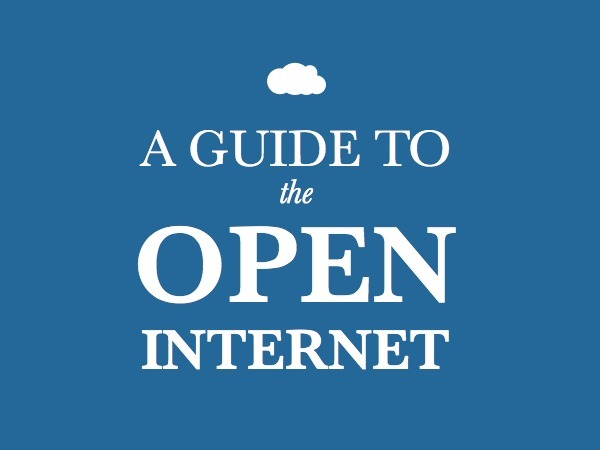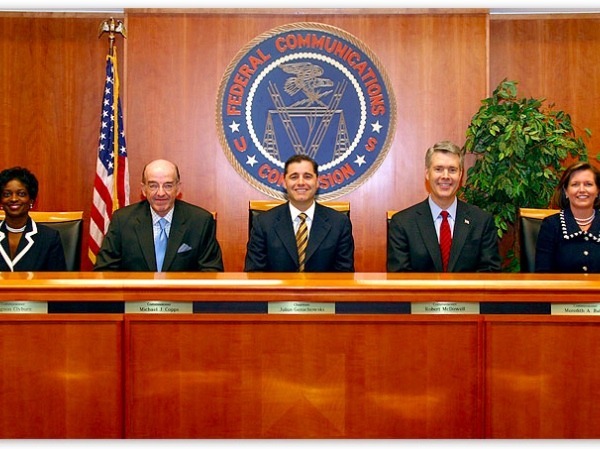
If you or someone you know still doesn’t understand the fundamentals of Net Neutrality, they must take a minute to check out TheOpenInter.net.
Self-described developer, designer and gamer Michael Ciarlo created TheOpenInter.net, a very rudimentary comparison of the Internet now and a future Internet in an era with completely disintegrated Net Neutrality, an era where Internet Service Providers (ISPs) freely throttle bandwidth for the highest financial gain. Such a future is precisely the dystopia that Net Neutrality proponents fear most, especially after the Federal Communications Commission (FCC) recently published new rules riddled with loopholes for ISPs to exploit.
In probably less than a 100 words, Ciarlo explains that with the current Internet service model, customers pay ISPs a monthly rate for (mostly unbridled) Internet. You pay a fee, you get Internet, and you can use that Internet to watch movies, download music and chat with friends. (ISPs do have the power to limit speeds for illegal downloading.)
Ciarlo argues that what ISPs want is a dismantling of Net Neutrality so that they can charge customers based on usage. As examples, he says AT&T or Comcast might consider charging $29.99 monthly for Netflix and Hulu access, on top of $9.99 to check your email and Facebook, and another $9.99 for YouTube. In this hypothetical dystopian world, however, pre-packaged ISP content and services would be free–naturally.
The site’s creator discusses his project on a separate site:
I created TheOpenInter.net to depict a time in the future when ISPs control the Internet and all data is not downloaded equally. While creating the site’s design, I had the idea to bundle Netflix and Hulu as a package ISPs required you to buy. Halfway through development, I questioned the reality of my portrayal. Was I too far off-base? Then to my surprise a Wired article titled “Mobile Carriers Dream of Charging per Page” showed almost the exact same scenario. While there is no documentation within the article to prove wireless carriers have any current plans to implement a similar pricing structure, the fact that evidence exists to suggest its consideration is frightening.
When we first reported on the FCC’s new rules, we published an objective and transparent presentation of what the rules offered at face value. Obama’s Democrat-led Commission seems to favor Net Neutrality with its three new rules, ”Transparency,” “No Blocking” and “No Unreasonable Discrimination,” however, the text of the actual document is rife with ambiguities that will largely leave ISPs to do as they please–at least, until courts are forced into the mix.
In spite of all that, some even say the FCC is acting too much like Congress, and these rules won’t hold anyway.
Needless to say, 2011 will be another pivotal year for the Net Neutrality debate.
















